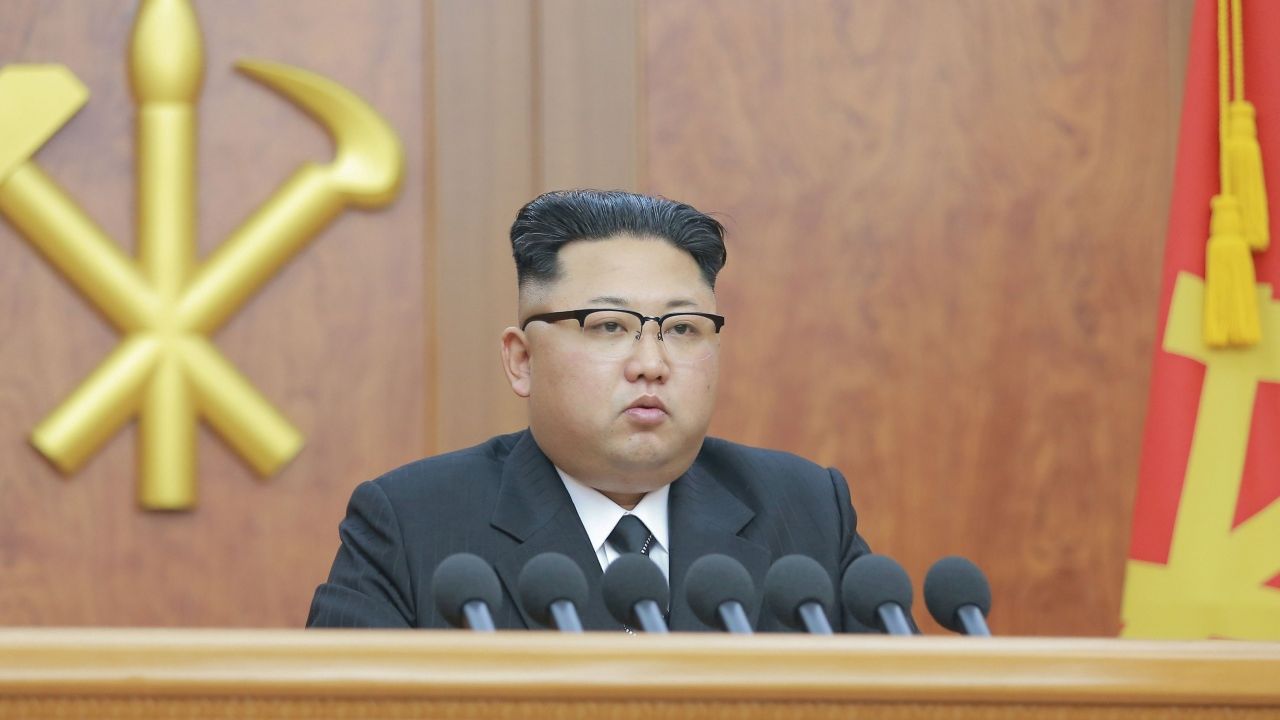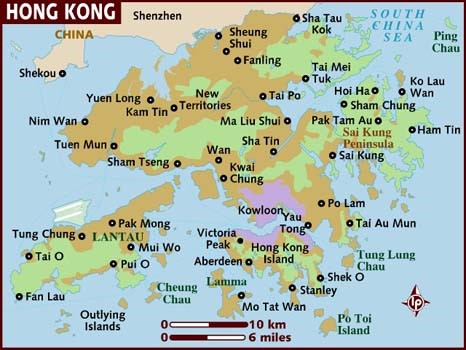North Korea’s preference
October 18, 2017 | Expert Insights

Hong Kong has emerged as the key market for front companies aiding money launderers in North Korea.
These activities continue to fuel North Korea’s revenues and undercut the US sanctions.
Background
North Korea has remained an isolated nation for decades. Its nuclear program has especially been a concern for the international community. In 2017, North Korea has launched 22 missiles in the span of 15 tests. It has increased its military activity since July of 2017 when it test launched two intercontinental ballistic missiles (ICBM). In August 2017, North Korea flew two missiles over Japan. The nation called it the “first step” in its Pacific operations. In September 2017, the nation has conducted its sixth nuclear test to date.
In response to North Korea’s activities, the United Nations imposed two rounds of fresh sanctions. There is now a ban on textile exports and a call to reduce oil imports by 30%. There is also a ban on hiring North Korean workers overseas. There are currently 100,000 North Koreans employed outside of the country. North Korea’s economy would be particularly hit as its trade with China has also been affected. The combined value of North Korea’s 2016 export to China, of coal, iron-ore, lead-ore, and seafood, all of which are now banned, was almost $1.5 billion. This is about 60% of its total exports.
It is hard to definitively discern North Korea’s economy as it is a highly secretive nation. The CIA World Factbook has spoken about the way the nation makes its money. It states, “Industrial capital stock is nearly beyond repair as a result of years of underinvestment, shortages of spare parts, and poor maintenance. Large-scale military spending draws off resources needed for investment and civilian consumption. The CIA World Factbook said China accounted for an estimated 67.2% of North Korea's exports and 61.6% of imports in 2011. South Korea accounted for 19.4% of exports and 20% of imports, and India received an estimated 3.6% of exports and the European Union provided about 4% of imports in 2011.
Analysis

Despite international sanctions, the lifestyle or the source of income for North Korean leader Kim Jong Un seems to be relatively unaffected. He has recently bought a new yacht, expensive liquors and even equipment to spend time at a luxury ski resort. Experts have accused North Korea of engaging in illicit activities in order to make revenue. The nation been accused of hacking banks, selling weapons, dealing drugs and even counterfeiting cash. "That's income that goes directly into the pockets or the bank accounts of the North Korean leadership. (Taking it away) can actually have a disproportionately large impact compared to trade flow," said Sheena Greitens, a professor at the University of Missouri who has been studying North Korea's illicit finance activities for the last 10 to 15 years.
A lot of the business in conducted through shell companies in Hong Kong, that have earned the business of money launderers in North Korea. One of them is Unaforte Limited Hong Kong which allegedly has violated UN sanctions in helping North Korea make income for its nuclear activities. An investigation from CNN has revealed that the company is not located at its given address in Hong Kong. Unaforte reportedly opened and owned a bank in a North Korean city despite the fact it is prohibited under the sanctions. However, Unaforte in one of many front companies (shell companies). They are legitimate organizations that possess no assets. They conduct illicit business transactions on behalf of players whose identity remains concealed. North Korea allegedly conducts business this manner. "The (North Korean) regime accesses the international financial system through front companies and other deceptive financial practices in order to buy goods and services abroad," Sigal Mandelker, the undersecretary for terrorism and financial intelligence at the US Department of the Treasury, said in Senate testimony on September 28.
Hong Kong as well as British Virgin Islands are both prime spots for North Korean activities according to a report by UN Panel of Experts on North Korea. Hong Kong is governed as a special administrative region of China. A historic perspective of Hong Kong’s relationship with China can be found here.
As early as the 16th century, the region has been known to house players who are willing to make money from illegal activities including the pirates that roamed South China Sea. Hugh Griffiths, the coordinator for the UN Panel of Experts on North Korea said, “It should come as no surprise that Hong Kong is featured so prominently in our report. It's the closest major international financial center to North Korea. It's the closest major offshore international financial center to North Korea. And historically, it's been a center of global and regional trade ... and with fewer questions asked and looser regulation than, say, Beijing.”
Hong Kong’s incorporation requirements also make it easy. In order to open a legitimate company in Hong Kong, there needs to be one director who has to be a real person and a company secretary that can be a person or another company based in Hong Kong. The company should have a registered address in Hong Kong but it does not have to operate from that location. "These practices, while legal, lend themselves to North Korean efforts to camouflage the real identity and nationality of those who stand behind these registered entities," said Griffiths. C4ADS, a Washington-based nonprofit firm revealed in a report published in 2016 that were 160 North Korean front companies in Hong Kong in a 2016 report.
Assessment
Our assessment is that by operating through front companies in Hong Kong, North Korea has been able to undercut the intended effect of the UN sanctions. Leaders such as Russian President Vladimir Putin has already noted that sanctions against North Korea would be “useless”. Given the policies and rules existing within Hong Kong, it has become an ideal destination for North Korea. This could inadvertently usher in military conflict if North Korea continues to escalates its aggressive tactics against the international community.








Comments